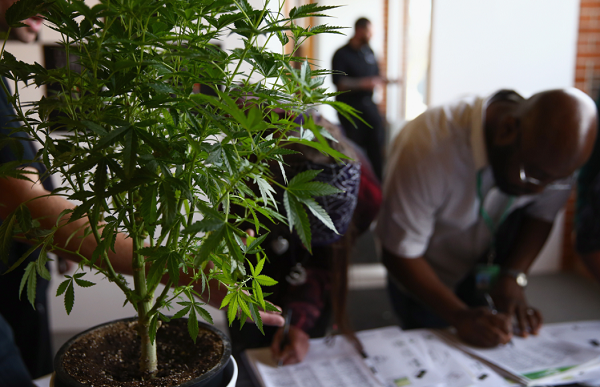How Legal Marijuana Funds Education: Colorado Taxes Go To Prevent Bullying

Students in Colorado may soon have new alternatives to prevent bullying thanks to all the money the state is planning to dish out to schools from the surplus marijuana tax revenue. Colorado’s Department of Revenue reported marijuana sales peaked at nearly $98.6 million by May and reached up to $117.4 million in June. Now officials say a portion of the sale tax derived from marijuana will benefit schools by creating anti-bullying projects over the next few months, according to The Denver Channel reported on Tuesday.
#Colorado #marijuana taxes $40 million to schools, and the rest to bullying prevention and #cannabis education. https://t.co/1Cr1lAfTLL
— Healthy Headie (@HealthyHeadie) November 5, 2015
Bullying is an issue that affects children in all schools across the United States. 28% of school kids in the US experience bullying in grades 6 through 12 while 20% of high schoolers have reported instances of bullying. However, statistics of adults, peers and targeted children willing to stand up to bullying are far scarier. Thanks to Colorado’s passing of Proposition BB – a measure that allowed the state to retain $66 million of marijuana’s tax revenue for school construction and state programs that were accepted into legislature last November – a new bullying prevention program will be put in place by the Colorado Department of Education.
Dr. Adam Collins, who is the prevention and education grant coordinator for the CDE, told The Denver Channel that Colorado is the only state “providing such significant funds to prevent bullying in schools.” The grant allows up to $40,000 per school year to sponsor bullying prevention programs in 50 schools across the state that register to participate. Grant applications must be submitted by Oct. 21 and the state announcing the winning schools on Dec. 30. Funds will be distributed to the schools in January.
Colorado’s marijuana tax revenue distribution plan is just one example of the positive impact legalized marijuana can have on a state. For example, if California passes Proposition 64 – a law that would legalize recreational use of cannabis for adults 21 and up – the state could potentially bring in $1.4 billion. California’s already grossed over $1.5 million worth of revenue due to sales from the state’s Medical Marijuana Regulation and Safety Act, which allows the medical use of marijuana for certified patients throughout the state.
© Copyright IBTimes 2025. All rights reserved.






















